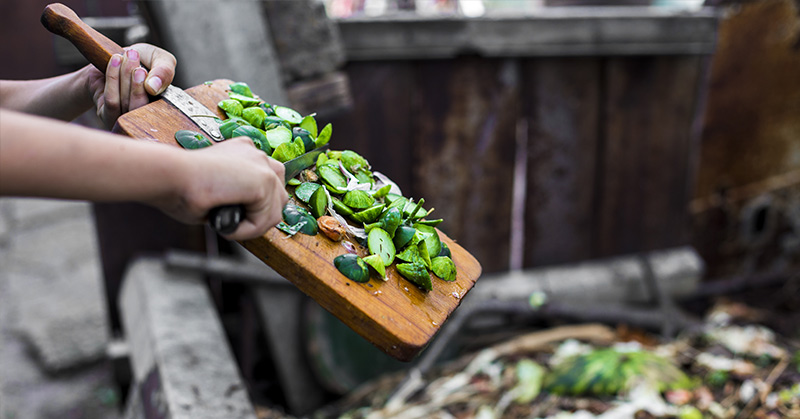Composting is a fantastic way to recycle organic waste and create nutrient-rich soil for your garden. However, if not done correctly, your compost pile can actually do more harm than good! From attracting pests to spreading disease, there are several common mistakes that can turn your composting efforts into a headache.
In this article, I’m excited to share ten common composting mistakes and how to avoid them. By understanding and correcting these errors, you can create a healthy, productive compost pile that benefits your garden instead of causing problems. Let’s dive in and ensure your composting efforts are successful!
Adding Meat and Dairy
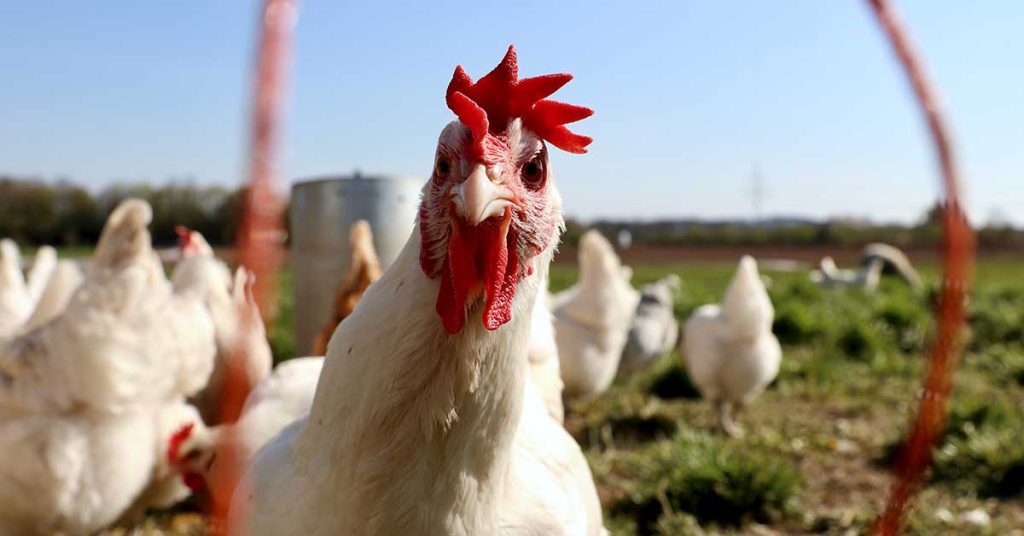
One of the biggest mistakes you can make is adding meat and dairy products to your compost pile. These items decompose slowly, produce unpleasant odors, and attract pests such as rats, raccoons, and flies. The presence of these pests can lead to further issues in your garden and neighborhood.
Stick to composting plant-based materials like fruit and vegetable scraps, coffee grounds, and eggshells. If you want to compost meat and dairy, consider using a specialized composting system like a bokashi bin, which can handle these items more effectively. Keeping your compost pile free of meat and dairy helps maintain a balanced and pest-free environment!
Overloading with Grass Clippings
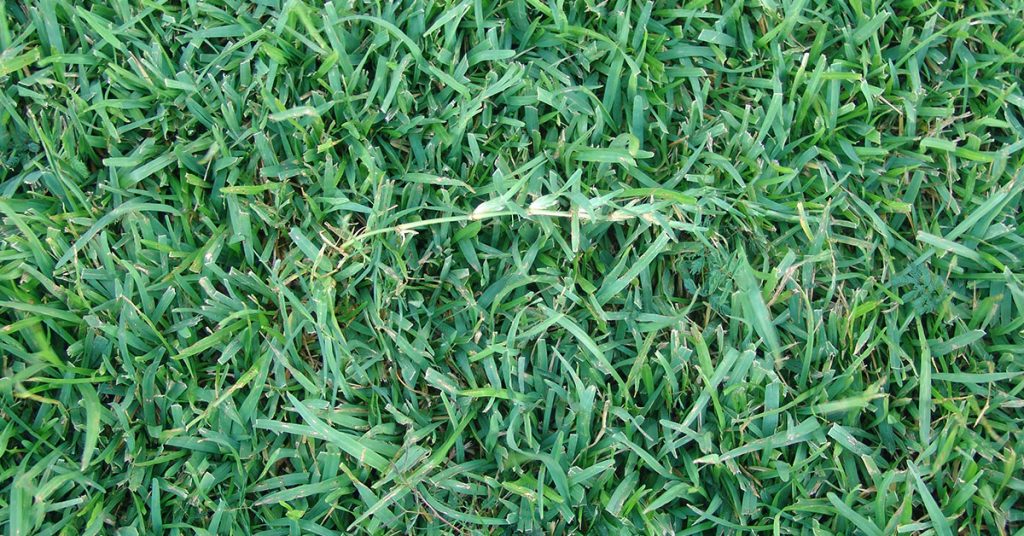
Grass clippings are a great addition to your compost pile, but adding too many at once can create problems. Fresh grass clippings are high in nitrogen and can become compacted, leading to anaerobic conditions and a foul odor. This can slow down the composting process and produce a slimy, smelly mess.
To avoid this, mix grass clippings with other brown materials like leaves, straw, or shredded paper. This helps balance the carbon-to-nitrogen ratio and improves aeration. Turning your compost pile regularly also helps maintain good airflow and prevents compaction. A balanced mix of green and brown materials ensures efficient decomposition and a healthy compost pile!
Not Turning the Pile
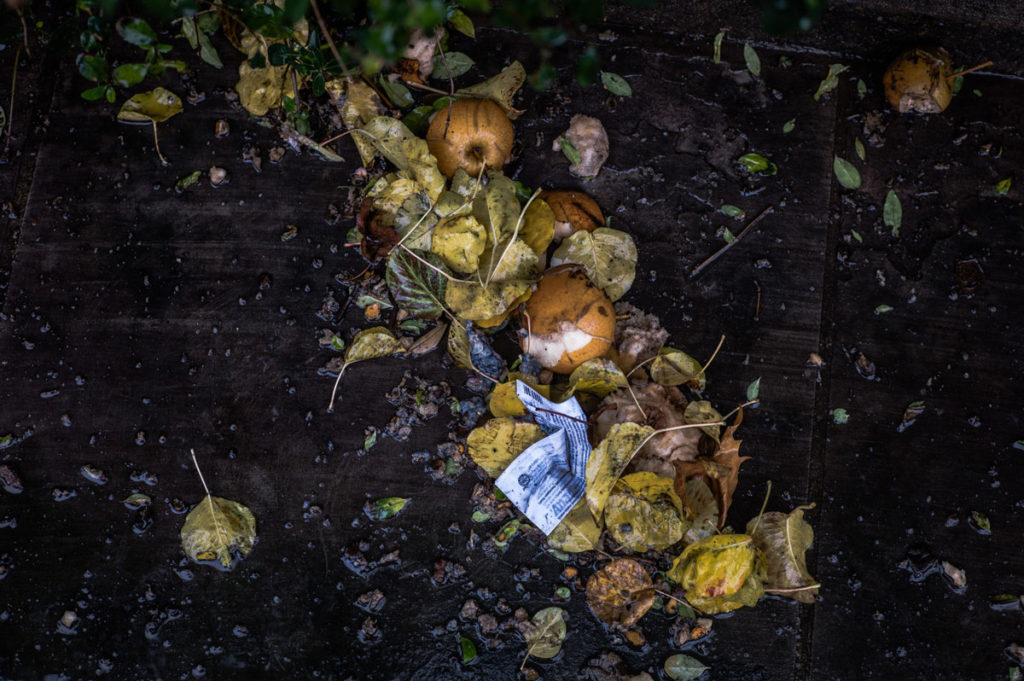
Neglecting to turn your compost pile is a common mistake that can lead to slow decomposition and unpleasant odors. Turning the pile introduces oxygen, which is essential for aerobic bacteria to break down the organic matter efficiently. Without adequate oxygen, your compost pile can become anaerobic, resulting in a foul-smelling, poorly decomposed heap.
Aim to turn your compost pile every 1-2 weeks to keep it aerated and encourage faster decomposition. Use a garden fork or a compost turner to mix the materials thoroughly. Regular turning not only speeds up the composting process but also helps distribute moisture and heat evenly throughout the pile, ensuring a well-balanced compost.
Composting Diseased Plants
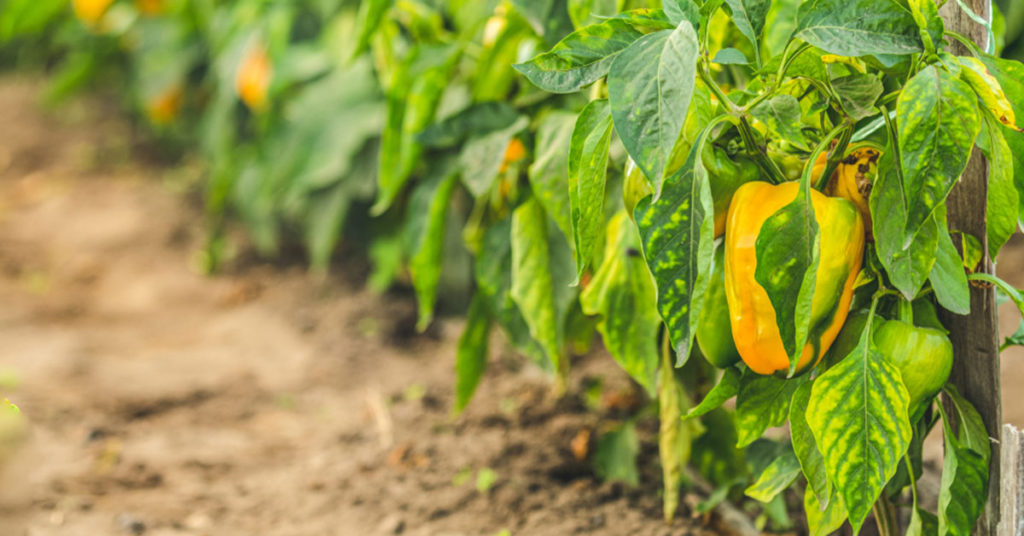
Adding diseased plants to your compost pile can spread pathogens and potentially reintroduce them to your garden when you use the finished compost. Common plant diseases like blight, mildew, and rust can survive the composting process if the pile doesn’t reach high enough temperatures to kill them.
Avoid composting plants that show signs of disease or infestation. Instead, dispose of these plants in your municipal yard waste bin or burn them if local regulations allow. Ensuring your compost pile remains free of diseased plants helps protect the health of your garden and prevents the spread of harmful pathogens.
Adding Weeds with Seeds
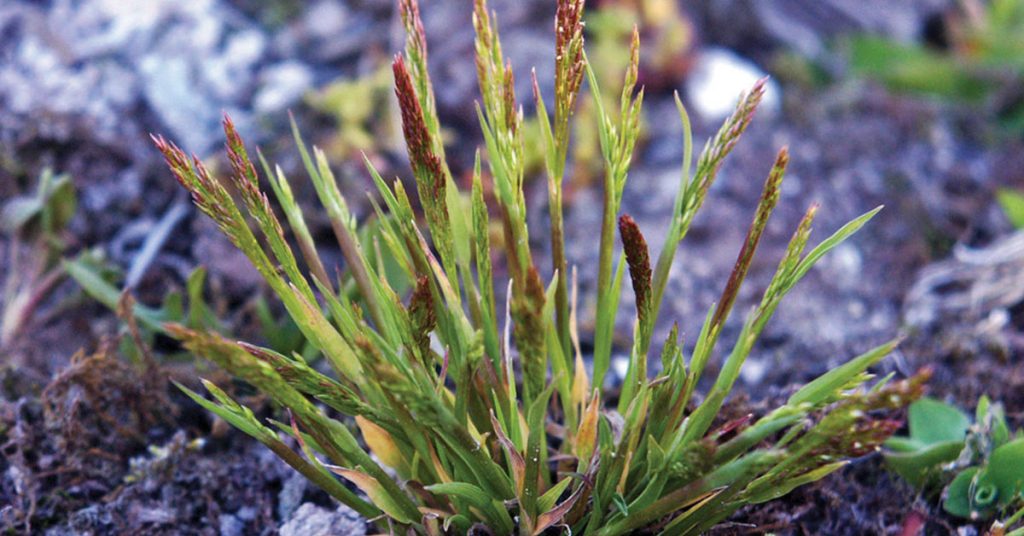
Composting weeds with mature seeds can lead to a compost pile full of viable weed seeds, which can sprout and spread throughout your garden when you use the compost. This mistake can create a persistent weed problem that’s difficult to control.
Before adding weeds to your compost pile, ensure they haven’t gone to seed. If you’re unsure, it’s best to dispose of them separately. Alternatively, you can use hot composting methods that reach temperatures high enough to kill weed seeds. This practice helps keep your compost free of unwanted weeds and ensures a cleaner, healthier garden!
Too Much Water
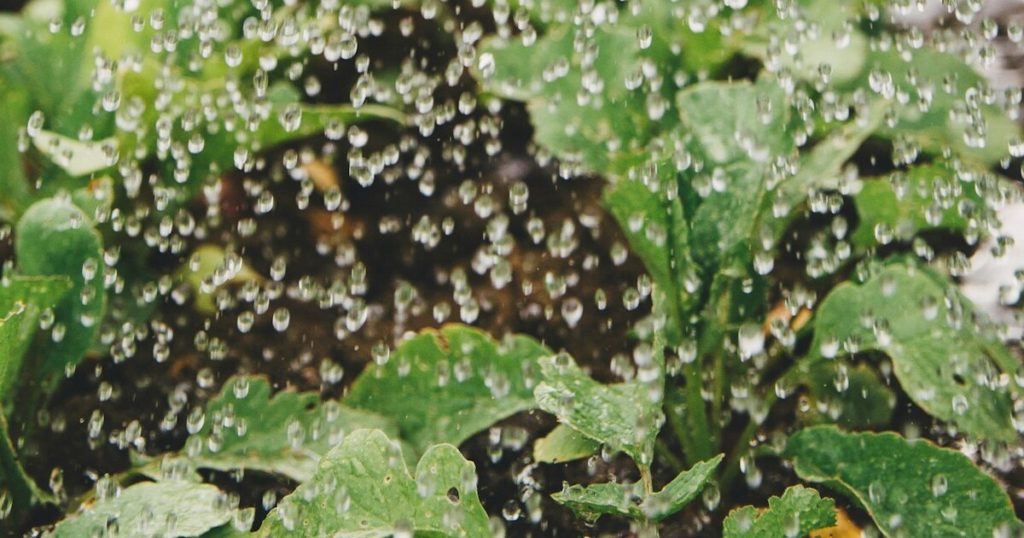
While moisture is essential for composting, too much water can create a soggy, anaerobic pile that slows down decomposition and produces foul odors. Overly wet compost piles can also attract pests and promote the growth of harmful bacteria and mold.
Monitor the moisture level of your compost pile regularly. The pile should be as damp as a wrung-out sponge—not too dry and not too wet. If your compost is too wet, add dry materials like straw, leaves, or shredded paper to absorb excess moisture. Turning the pile can also help release excess water and improve aeration. Maintaining the right moisture balance ensures a healthy, efficiently decomposing compost pile!
Not Chopping Materials
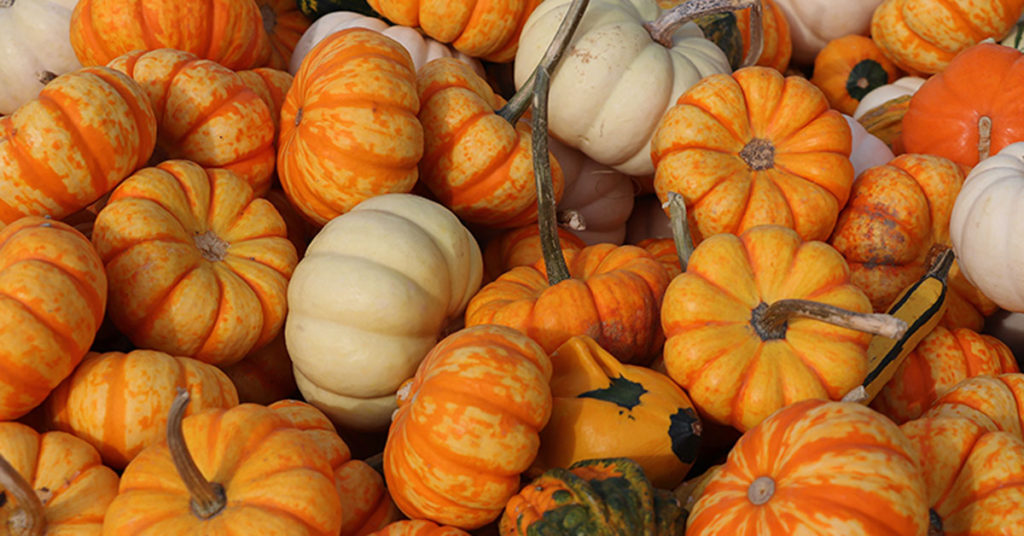
Adding large, whole pieces of organic material to your compost pile can slow down the decomposition process. Items like whole branches, large vegetable scraps, and uncut leaves take much longer to break down, resulting in a compost pile that takes months or even years to fully decompose.
Chop or shred materials before adding them to your compost pile. Smaller pieces decompose more quickly and evenly, speeding up the composting process. Using a garden shredder or simply cutting up kitchen scraps and garden waste with pruners can make a significant difference. Efficient decomposition leads to faster, more consistent compost that’s ready to use sooner!
Using Too Many Brown Materials
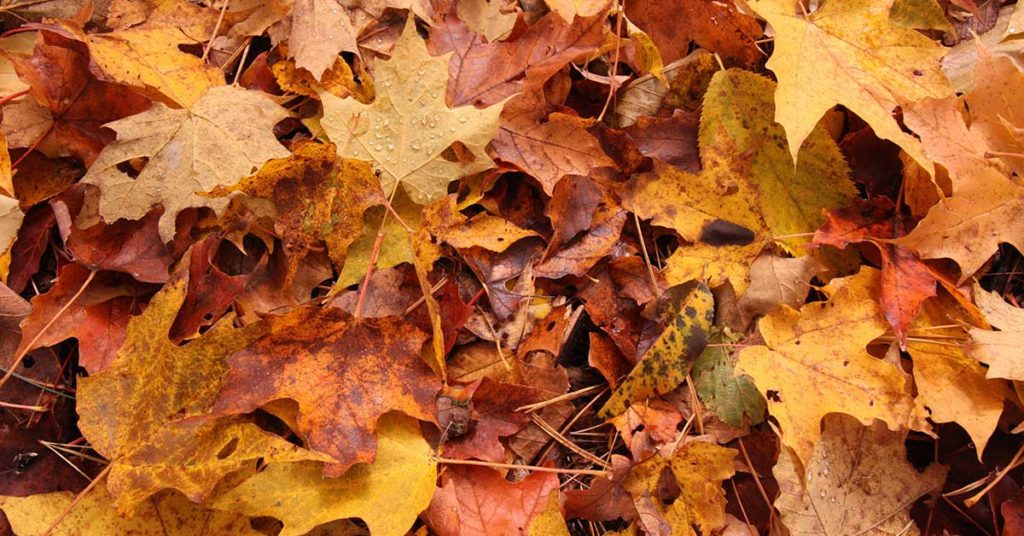
While brown materials like leaves, straw, and paper are essential for a balanced compost pile, using too many can slow down decomposition. Excessive brown materials can lead to a dry, carbon-heavy pile that decomposes slowly and lacks the necessary nitrogen for efficient breakdown.
Balance your compost pile with an appropriate mix of green materials (nitrogen-rich) and brown materials (carbon-rich). A good rule of thumb is to use about three parts brown materials to one part green materials. Mixing the two types thoroughly and regularly turning the pile helps maintain a healthy balance and promotes faster decomposition.
Composting Invasive Plants
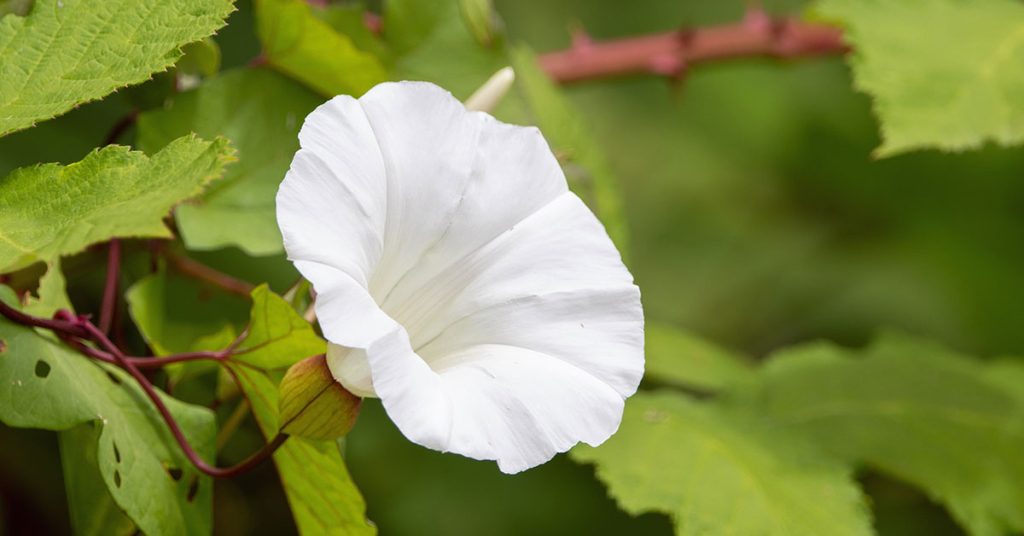
Adding invasive plants to your compost pile can inadvertently spread these aggressive species throughout your garden. Invasive plants like bindweed, ivy, and bamboo can regenerate from small pieces and survive the composting process, leading to persistent infestations.
Avoid composting invasive plants and dispose of them separately to prevent spreading. For tough-to-kill plants, consider using methods like solarization, where you cover the plants with clear plastic to heat and kill them before disposal. Keeping invasive plants out of your compost pile helps protect your garden from unwanted and hard-to-control species!
Ignoring the pH Balance
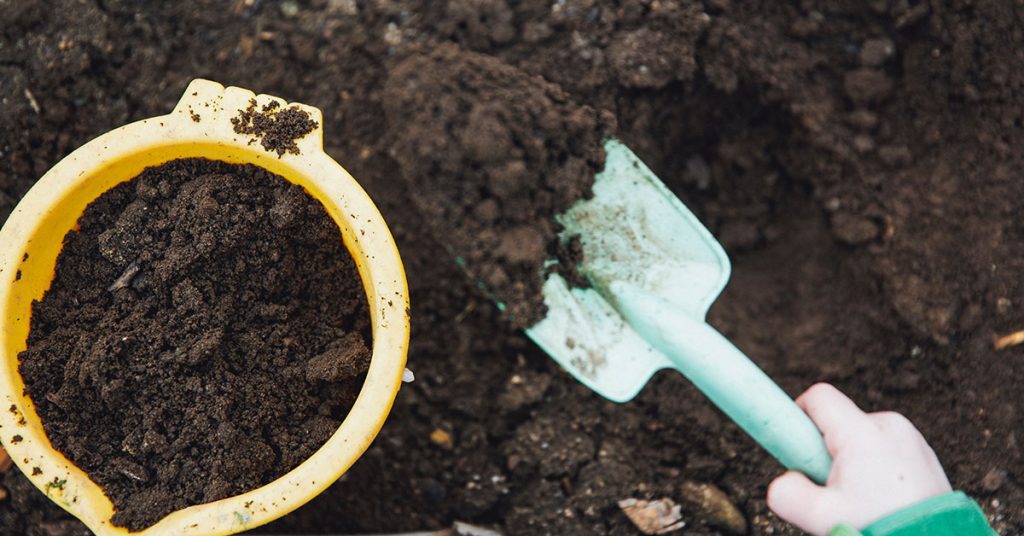
Neglecting the pH balance of your compost pile can lead to poor decomposition and unhealthy compost. An overly acidic or alkaline pile can inhibit the activity of beneficial microbes, slowing down the composting process and affecting the quality of the finished product.
Aim to maintain a neutral pH in your compost pile by balancing the types of materials you add. Avoid adding too many acidic items like citrus peels and coffee grounds without balancing them with alkaline materials like wood ash or crushed eggshells. Regularly monitoring and adjusting the pH helps create a more efficient and productive composting process!
Using Pet Waste
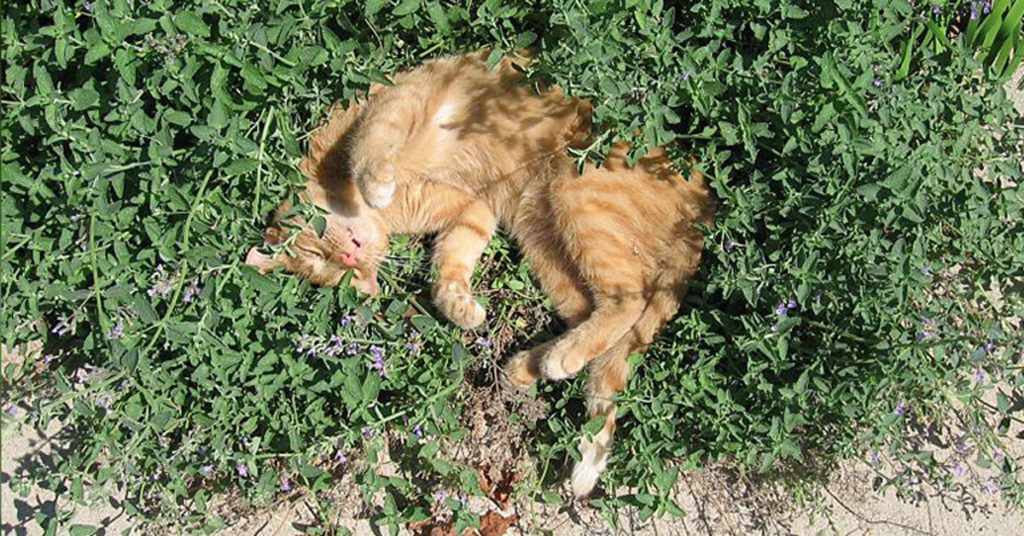
While it might seem like a good idea to compost pet waste, it can introduce harmful pathogens and parasites into your compost pile. Dog and cat waste, in particular, can carry diseases that are not killed during the composting process and can contaminate your garden soil.
Avoid composting pet waste and stick to composting plant-based materials and manure from herbivorous animals like cows, horses, and rabbits. Keeping your compost pile free of pet waste ensures a safer, healthier compost that’s suitable for use in your vegetable and flower gardens.
By avoiding these common composting mistakes and following best practices, you can create a healthy, productive compost pile that enriches your garden soil and supports vigorous plant growth. Each tip helps you optimize your composting process and avoid potential problems.
